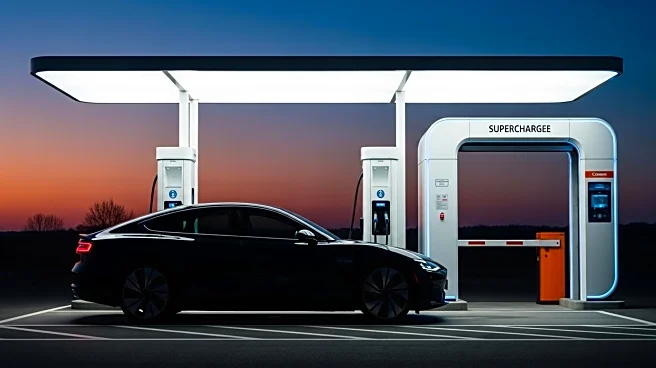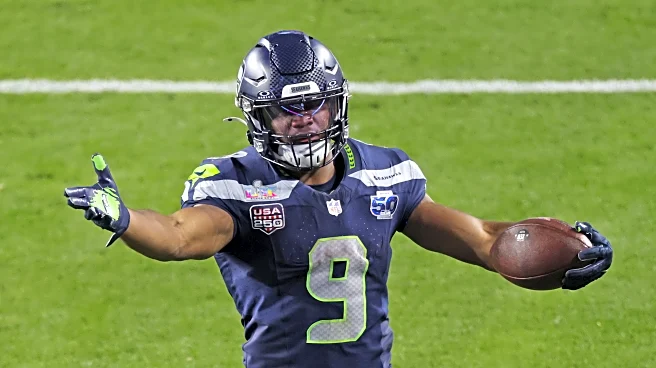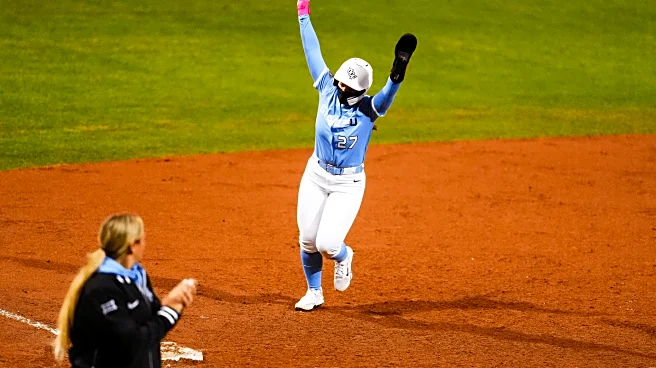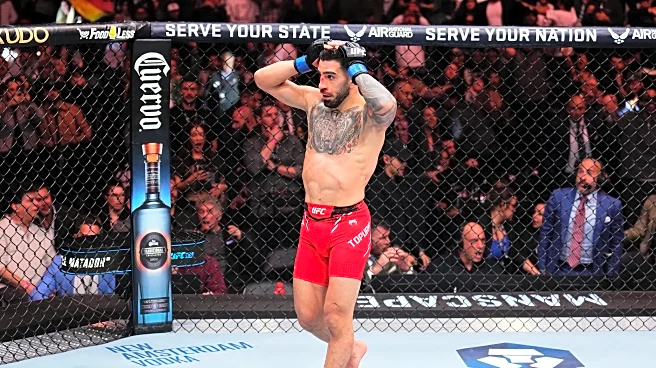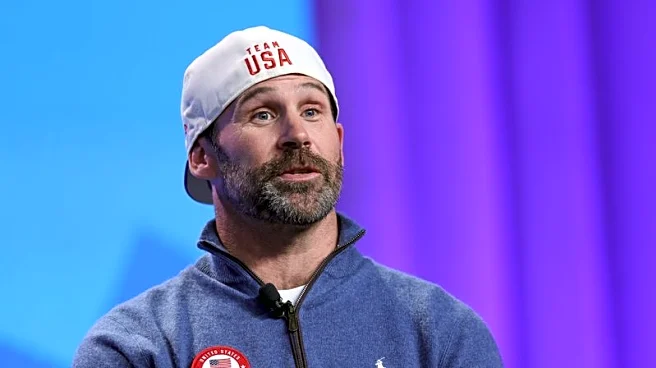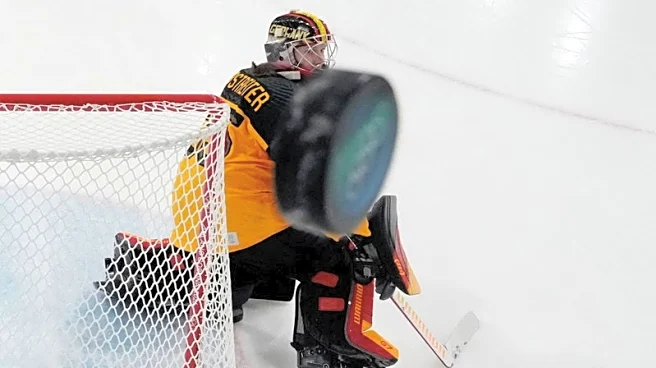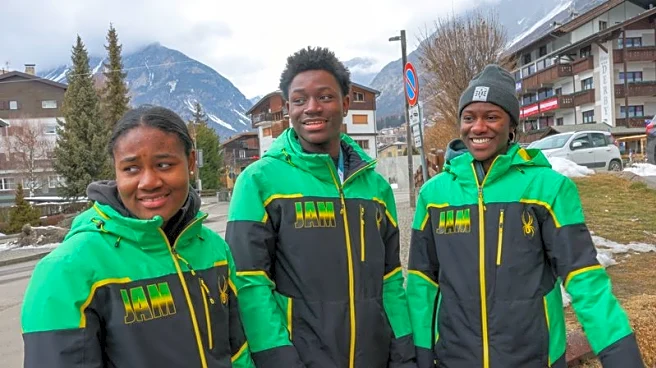What's Happening?
Daniel Boycott purchased a used Tesla Model 3 from a dealership in Illinois, only to find out that the vehicle was banned from Tesla's Supercharger network. The car, previously involved in a minor accident, was deemed a salvaged vehicle, voiding its warranty and supercharging capabilities. Boycott, who relied on the Supercharger network for long trips, is now facing difficulties in charging the vehicle. Tesla offers an inspection service to potentially reinstate supercharging access, but it comes with a significant fee. Boycott is currently negotiating with the dealership, which claims the car was never officially labeled as salvaged.
Why It's Important?
This situation highlights the challenges consumers face in the used electric vehicle market, particularly regarding transparency and vehicle history. The reliance on networks like Tesla's Supercharger for long-distance travel underscores the importance of ensuring vehicles are fully compatible. The incident may prompt potential buyers to scrutinize vehicle history reports more closely and could influence dealership practices regarding disclosure of vehicle conditions. It also raises questions about the cost and accessibility of restoring network access for salvaged vehicles.
What's Next?
Boycott is engaged in negotiations with the dealership to resolve the issue. The outcome may set a precedent for how similar cases are handled in the future, potentially influencing dealership policies and consumer protection regulations. Tesla's inspection service could become a more common recourse for buyers facing similar issues, though the cost may deter some from pursuing it.
